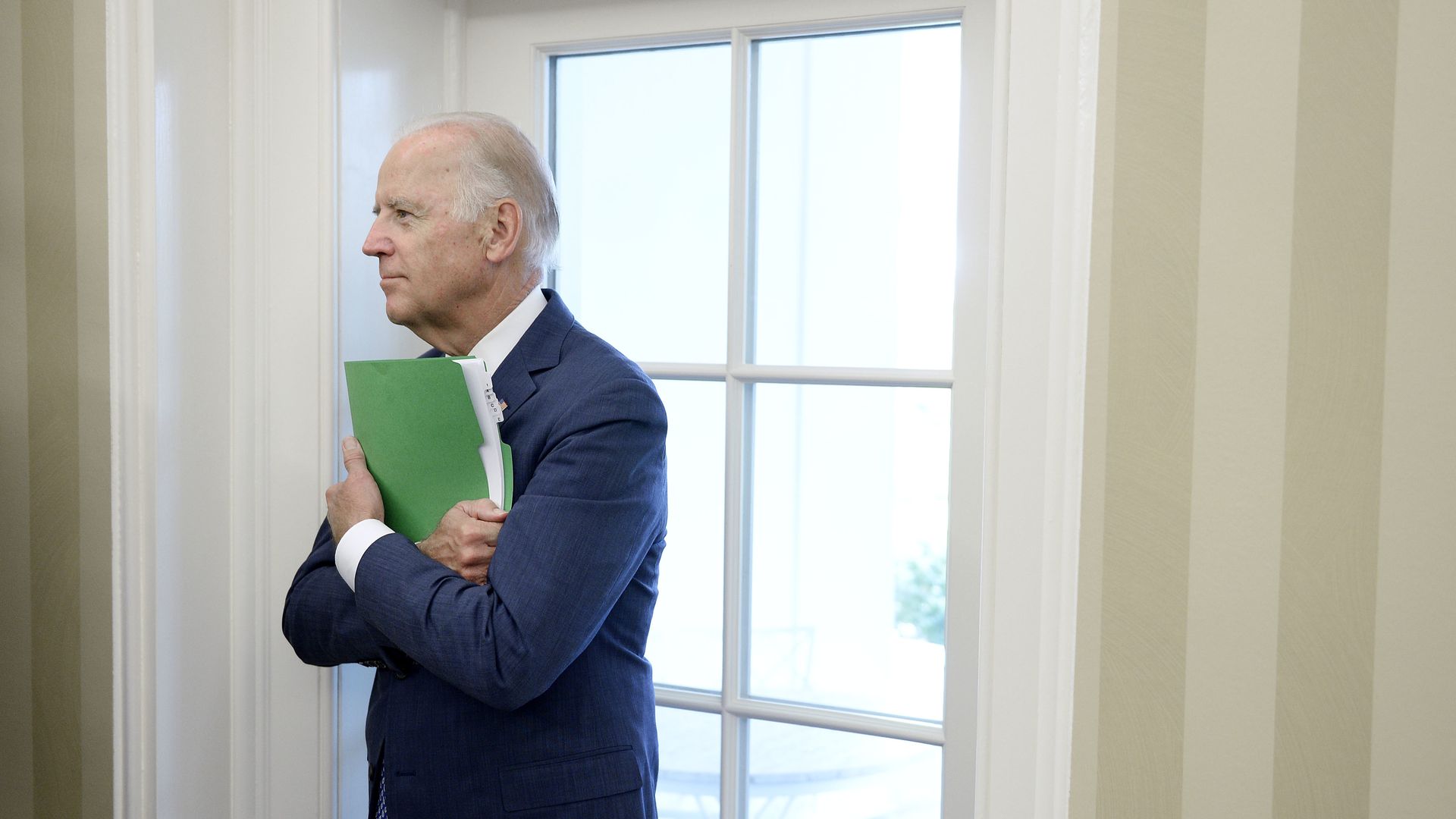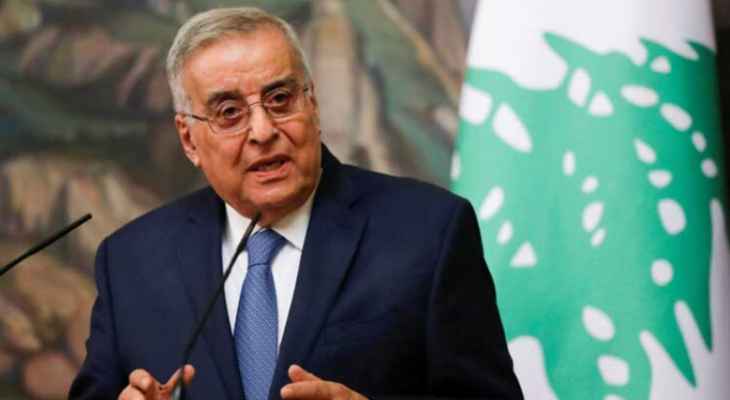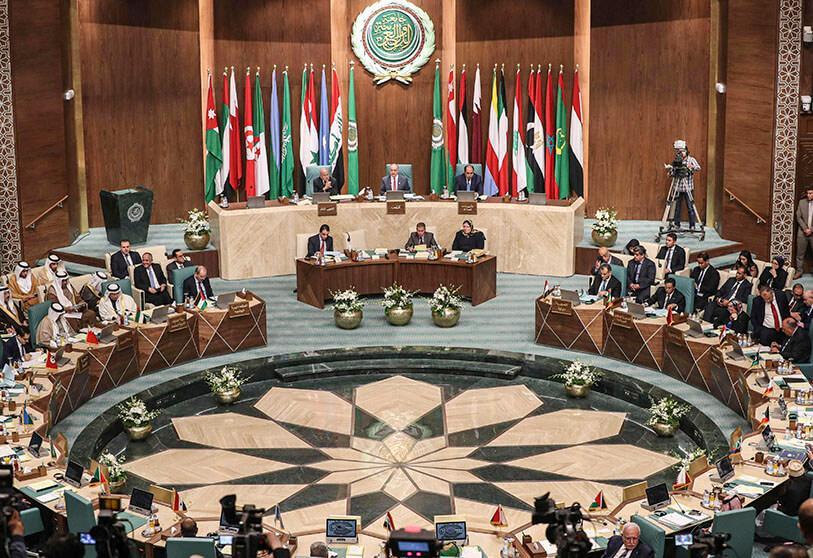
By Maria Fantappie and Vali Nasr — foreignaffairs.com — US. President Joe Biden’s July trip to the Middle East comes at a delicate moment. There is a last gasp effort underway to revive stalled talks between the United States and Iran on restoring the Joint Comprehensive Plan of Action (JCPOA), the deal aimed at preventing the Islamic Republic from being able to develop a nuclear weapon. Since the last round of talks in Vienna, Tehran has accelerated its program and will soon become a threshold nuclear state. When the International Atomic Energy Agency (IAEA)—the UN nuclear watchdog—censured the country for failing to cooperate with inspectors, the Iranian government further curtailed IAEA monitoring of its nuclear program and announced new underground advanced enrichment facilities.
Israel, however, has long promised that it will not tolerate a nuclear-armed Iran, and it is working outside of multilateral institutions to realize that goal. Israel has assassinated Iranian scientists and military officials. It has conducted air attacks on Iranian targets in Syria and expanded its strike capabilities, presumably in preparation for new attacks on Iranian nuclear sites and military facilities. With American backing, the Israelis are also seeking to organize a number of Arab states into a military alliance against Iran. According to The Wall Street Journal, the United States convened a meeting last March with security officials from Egypt, Israel, Jordan, Qatar, Bahrain, Saudi Arabia, and the United Arab Emirates (UAE) to integrate intelligence sharing and air defense systems to combat aerial threats from Iran.





